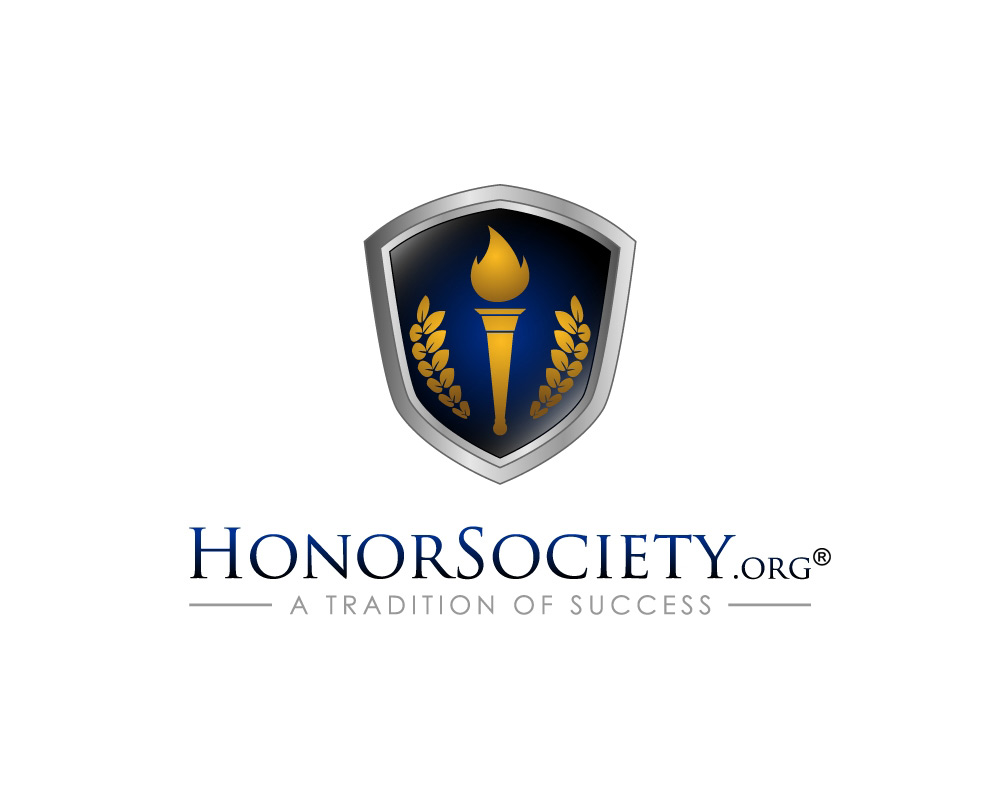National Society of Collegiate Scholars Rating, Reviews and Requirements. Is it worth it?
What are the requirements to be in National Society of Collegiate Scholars?
To be eligible, you must:
- Attend a college or university where there is an active chapter of NSCS.
- Attain at least a 3.4 grade point average on a 4.0 scale and be in the top 20 percent of your class.
- Be enrolled as a first- or second-year undergraduate student at the time of application and have successfully completed credits equivalent to a minimum of one term of full-time study but no more than half the number required for completion of the bachelor’s degree requirements of the institution where you are currently enrolled.
What is the history of the National Society of Collegiate Scholars?
NSCS was founded in 1994 at George Washington University in Washington, DC, by Steve Loflin, who, at the time, worked in Student Affairs at George Washington University. The first NSCS Convocation Induction was held on the George Washington University campus on April 30, 1994. Loflin founded NSCS to recognize students who performed well academically during their first years in college and to provide members with an opportunity to take a leadership role in the organization.
What are the key benefits of being a member of the National Society of Collegiate Scholars?
- NSCS members are leaders among their student officer boards, including holding positions such as vice president, president, and treasurer.
- Taking the lead on academic integrity is a core pillar of NSCS. Each year during the second week of February, members nationwide host Integrity Week.
- Access to NSCS exclusive awards and programs are available to members, such as Semester at Sea, International Scholar Laureate Program, Absolute Internship, Make School, Future Docs Abroad, and Hult International Business School.
Based on the information, here is our review:
Our first observation is: that this society has only been around for roughly 25 years, making it a newer society, similar to our Honor Society’s inception.
Our second observation was: that this is the first organization we’ve seen to offer exclusive benefits towards specialized programs, such as Future Docs Abroad and Semester at Sea.
Our third observation was: that this society is geared towards younger students, which we appreciate, as it sets them up for a framework of success in the rest of their collegiate endeavors.



